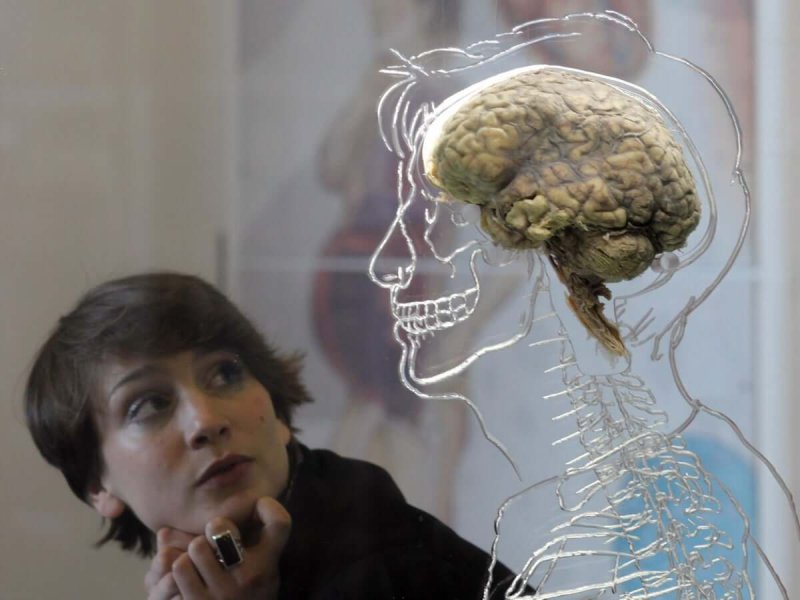Studying the human brain is hard…. Recently, however, two halfway-house approaches have been developed.
One is to grow so-called brain organoids from human tissue. The other is to create animals with human-derived neurons in their bodies.
As the AAAS heard, both approaches are yielding results. But they also raise ethical questions of their own.
Organoids are usually grown from induced pluripotent stem cells—artificial equivalents of embryonic cells.
The process is now sufficiently well understood for them to be mass-produced and Paola Arlotta of Harvard University described ways they are being put to use.
Dr. Arlotta described how it is now possible to make organoids that resemble, in their mix of cells, different parts of the central nervous system (for example, the cerebral cortex and the spinal cord) and to link these together, and also to muscle organoids, to create what are known as assembloids.
…
The second approach, putting human neurons into living animals, was outlined by Joshua Sanes, who also works at Harvard…. He has found himself struggling against the limits of what can be learned from laboratory animals, and has become interested in the idea of partly “humanizing” them.































